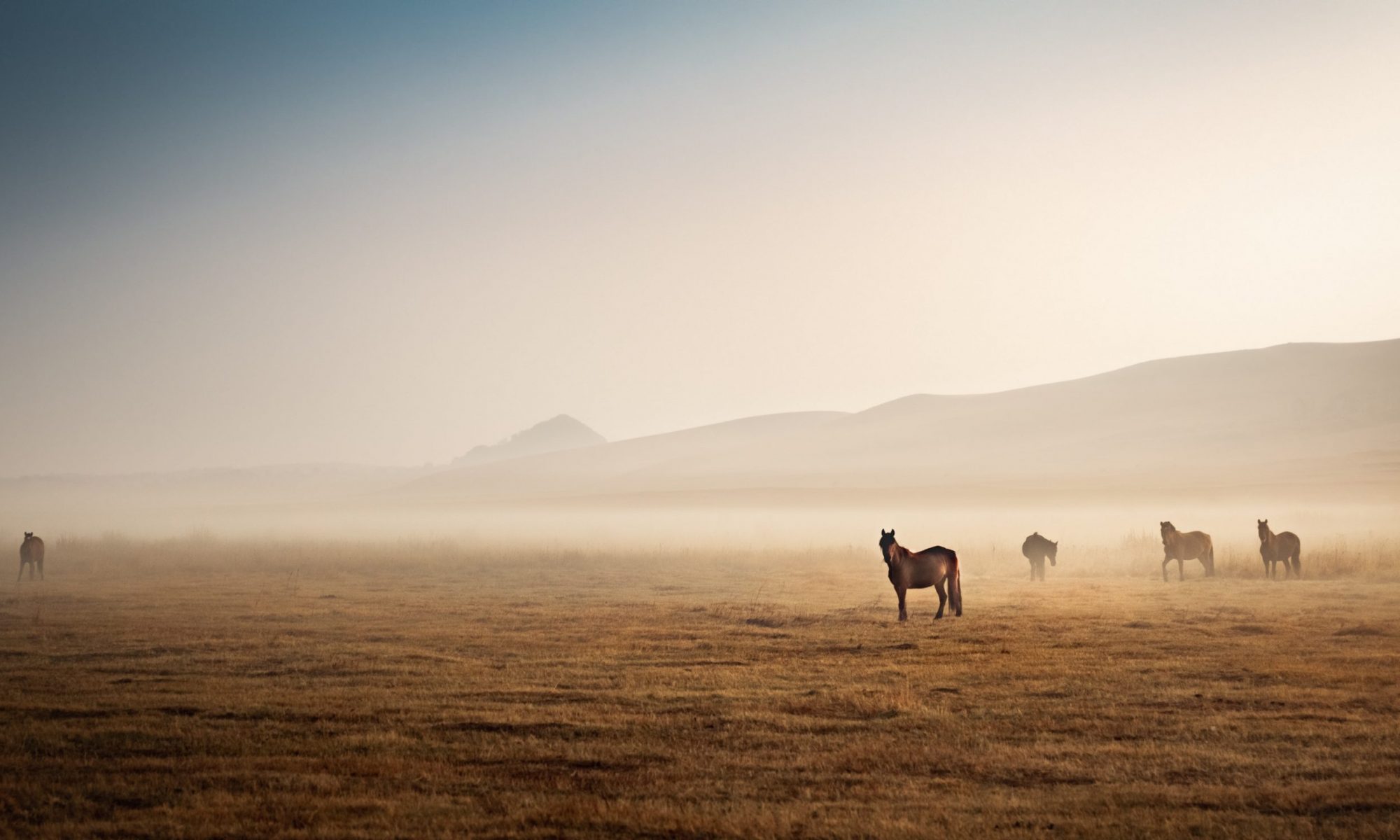I don’t know if horses simply view humans as just other horses, but once they work out that you are not going to eat them, they definitely apply the same rules to you that they apply to other horses. This includes gaining confidence from you being around them, trying to push you around and when to kick or not kick you. The only time this really changes is once a rider is on a horse’s back, they lose that confidence they had from having you around as if you were another horse and feel as though they must take on the role of being a ‘leader’ to themselves. They will make their decisions as if they were a horse on their own. When riding a horse alone you need to give him time to figure out how he is going to react, or how he should react, as if he was on his own.
How well do you serve your horse?
‘The greatest favors may be done so awkwardly and bunglingly as to offend; and disagreeable things may be done so agreeably as almost to oblige’ – Lord Chesterfield.
You can imagine being in a restaurant and when your food arrives it is slapped down on the table and the waiter vanishes instantly. On the flip side the waiter might bring the bill, something you would rather go without, and if it is brought to the table in a courteous manner, it could be delivered so well that you might be more than happy to pay its amount and add a generous tip. This is true for people as it is for horses. You see people giving a horse a carrot: the horse may come away from the experience even more nervous and unsure of the person than before, however, if a person is agreeable enough with the horse, he will feel very comfortable with the person and and maybe even seek them out in the future. This applies to pretty much every encounter you have with a horse. So much of what we do around a horse is physical, a bit like a hairdresser for people, there is a level of trust required. If your hairdresser is erratic, clumsy, inexperienced you will not go back to that hairdresser. So I like this quote because for me, it summarises good horsemanship.
A patch of grass.
Sometimes you take your horse out of the paddock to someplace that has lots of fresh, green grass, say by the side of a road or something. The horse hogs into the grass without a thought and seems to really enjoy it. Then it comes time to put your horse back or to move onto the next thing and so you have to take your horse away from the grass. You notice them get kinda cranky about it and you just know they are blaming you for having to leave. They show no sign of gratitude for having had access to the grass and just seem to get dark on you for taking them away from it. I think too often people are like this, we begrudge when we no longer have the things we had but were never particularly grateful for having them in the first place. Makes you wonder how many things in your life are a moment of green grass that you should appreciate while they are there and how many things you consider a baseline entitlement.
Everyone may have something for you, that they would be happy to give, if you would just ask.
If you ever find yourself needing a dose of humility, you can refer to this quote by Nuno Oliveira: ‘all the riders are convinced they are the best’. According to the book 30 Years With Master Nuno Oliveira by Michel Henriquet, Nuno made the statement when he was reflecting on a group of riders he was teaching. I think Nuno is as qualified as anyone I can think of to make such a statement and it certainly made me consider my own riding. Pat Parelli thought along similar lines in his statement ‘every jackass thinks he’s got horse sense’ which is contained in his book Natural Horse-Man-Ship on pg 209.
Why am I saying this? I guess I am trying to help others learn from my mistakes. I thought I was too good to learn from certain people I have had around me in my past, that would have been happy to help me out. I was so stubborn and so sure of myself I would not have dreamed of asking the cowboys (yes, literal cowboys) at trade school about some of the things they knew. Such simple questions could have saved me years of trying to work things out for myself, or introduced me to material that would have been helpful much earlier in life.
The master farrier I worked for told me in my early twenties ‘you can learn something from everyone’. So I urge riders not to make the same mistakes I have, don’t be too stubborn or proud to learn from others, particularly with so much good information readily available to us all in the modern age. I believe you can learn something from everyone, and every horse for that matter and, nowadays, that’s what I try to do.
